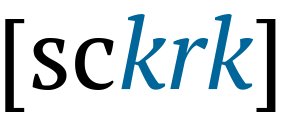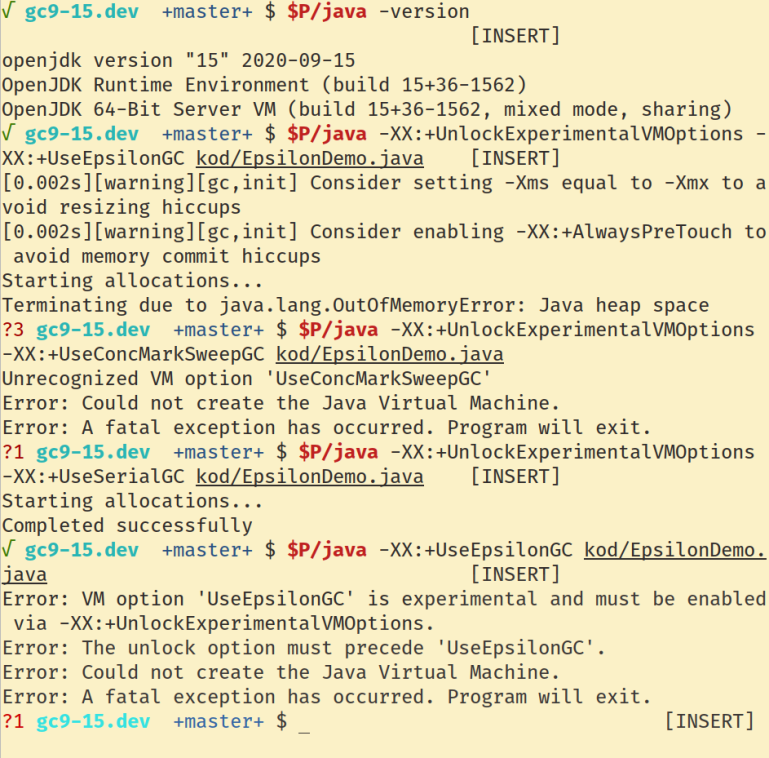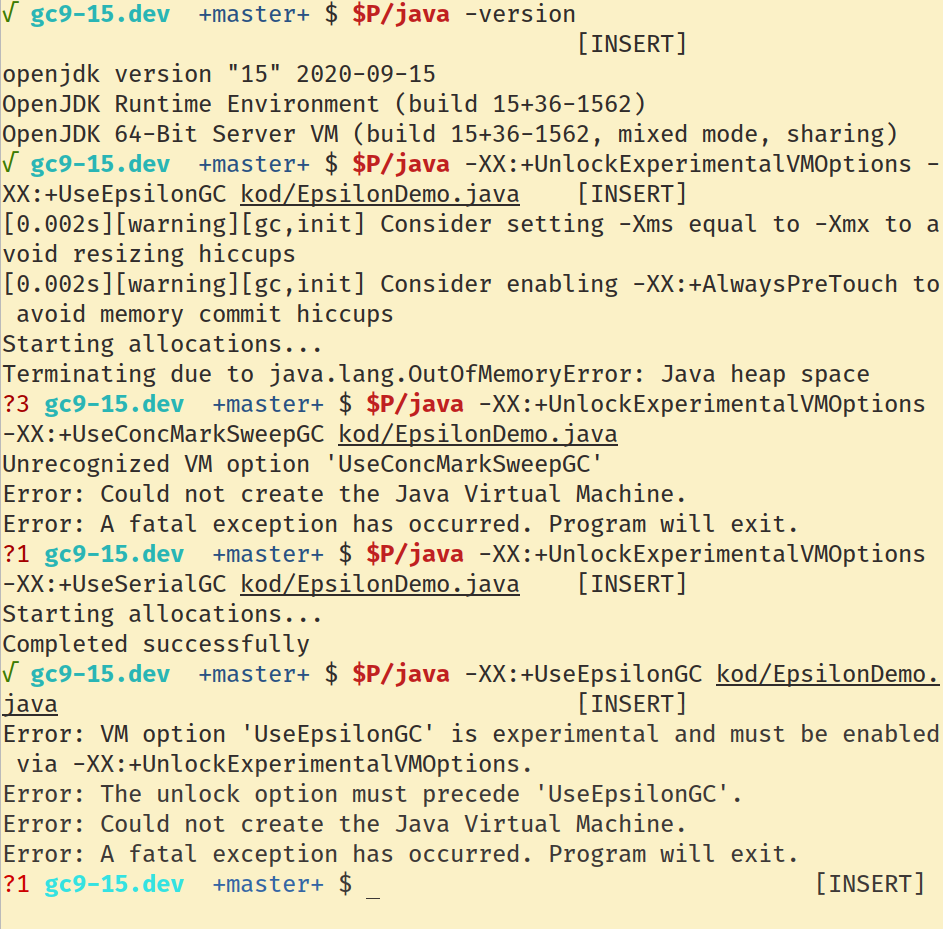Repost from May 2016 from Konrad’s blog that’s gone under.
Over the last years I’ve been had the privilege of traveling quite a bit and been able to attend various conferences and user group meetings in various countries. Yet, I’m still to find another as awesome and life-changing (sic, not an over-statement) group as SCKRK – yet, you’ve probably never heard of it. Which is not surprising really since it’s a local and technically speaking small initiative.
This year was special for SCKRK, the so-called (and hold your judgement about what it is until you’ve finished reading) “Software Craftsmanship Kraków” group, as it marked some very special moments in its lifetime:
- the 100th meeting,
- the 96th read whitepaper,
- 5 years of uninterrupted regular operation,
- and reaching over 1000 members.
And we’re more than proud of that. Another thing I learnt over the last years is that: If you don’t mention great achievements, no-one will know – so we’ve set out to fix that.
So here’s a short video from the special celebratory meeting, with Adam Pohorecki (founder) and myself explaining what it’s all about: https://web.archive.org/web/20180816224526if_/https://www.youtube.com/embed/_xWtp1Tfz9I
Interested? Hope so! Read-on then to learn more about…
The formula
SCKRK meetings are different and actually useful to perfecting your skills because of their formula, which always was different from your typical Meetup group – we actually require some up-front preparation from attendees.
So while the name SCKRK may imply it’s about the “software craftsmanship” trend that was trendy a while ago (and now deteriorated in it’s meaning somewhat), SCKRK is a computer-science white-paper reading club, and it’s members striving for self-perfection through continuous learning all while avoiding the “smartest person in the room problem”.
“The smartest person in the room is a piece of paper” Konrad Malawski
I always use the quote “The smartest person in the room is a piece of paper” to describe what SCKRK is about. The formula we follow is a simple, yet effective one:
- check the sckrk.com site to figure out what paper will be discussed next,
- read the whitepaper at home
- this is really the core of it. And if you don’t get some of the sections, take note of it so you can bring it up during the meeting. If you’re only just starting out reading papers a note like “what the hell is a vector clock” is also acceptable 🙂
- Show up at the meetup.
- You’ll easily find the group by waving pieces of paper around.
- Discuss, ask questions, clarify!
- Don’t worry, no-one will ask you to recite the paper from memory, nor write up formal proofs of it.
- It’s a good idea to bring a printout (or some form of tablet) with you since we’ll be diving into the paper in depth at times, so a reference point such as a printout is definitely helpful (also, you did your notes on it, right?)
- The most important part here is to realise that there are no dumb questions, so you should never be afraid to ask for clarification if you – the group is always happy to explain, even if you don’t know some basic thing.
Over the last years, the group attracted numerous bright thinkers, and even fostered some. People who first were afraid of discussing and debating over correctness of algorithms, over time became well versed in both the subjects we tackle, but also the fine art of human respectable discussion.
If that has not convinced you to come over for the next meetup, read-on, the following section will.
Congratulations SCKRK!
Here, I’d like to step back and thank the original founder of this group, and by now, a friend of mine – Adam Pohorecki, who back then first started it during NoSQL Summer, and then together with Sebastian Bełczyk and Andrzej Grzesik decided that the format is so nice, that we will want to continue with it – thus SCKRK was born.
I’ve been around pretty much since the beginning, and honestly have to say, my life was influenced a lot by the group and I would not be where I am now, if it wasn’t for it, and all the great friends made there, ever arguing over details of edge cases in consensus algorithms.
The 100th meeting was special, as we visited a wine-bar Stoccagio to celebrate the anniversary with great wines and snacks. This was made possible by our generous sponsors, Lightbend the company I’m at (which is the steward of Akka, Scala, Play and many other projects making Reactive applications a THING on the JVM, as well as Ocado Technology a valued Lightbend partner and capable technology division of the Ocado brand.
The meeting was different for a change, as it consisted of our 4 older members picked their top 5 white-papers out of the ones read on SCKRK over the last 5 years. It was a fun and interesting travel in time, and reminder how some papers remain timeless. You can view 100th SCKRK Meeting slide deck to find out what our top papers where.
SCKRK, Banzai!
Next meeting this week
In order to encourage new people to attend the meetings, we’re currently re-visiting some of the most fun or important papers of the last years.
This week we’re hosting a session about the CAP theorem and our understanding of it has evolved over time. Be sure to drop by if you’re in the wonderful city of Kraków: Meetup #103 – CAP Theorem Revisited
Disclaimer again
Again: the content you read above is Konrad’s and it’s from 2016, but one of my targets for this year is having several SCKRK meetings, so if you’re interested, propose a topic in the comments or upvote topics already there.





